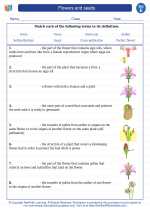Surgery: An Overview
Surgery is a medical procedure that involves manually or instrumentally treating a patient's injury, deformity, or disease. It may involve cutting, abrading, suturing, or otherwise physically changing body tissues and organs. Surgery can be performed for various purposes, including therapeutic, diagnostic, cosmetic, and palliative reasons.
Types of Surgery
There are several types of surgery, including:
- Elective Surgery: Planned surgery that is not medically necessary.
- Emergency Surgery: Surgery that must be performed immediately to save a patient's life or prevent serious complications.
- Minimally Invasive Surgery: Procedures performed with the assistance of small tools and cameras, often resulting in smaller incisions and faster recovery times.
- Open Surgery: Traditional surgical procedures that involve larger incisions to access the surgical area.
- Robotic Surgery: Procedures performed using robotic systems controlled by surgeons.
Preparation for Surgery
Prior to undergoing surgery, patients typically go through a series of preparatory steps, which may include:
- Medical evaluation
- Pre-surgical testing (e.g., blood work, imaging)
- Discussion of risks and benefits with the surgeon
- Consent process
- Fasting before the procedure
- Pre-operative medications
The Surgical Process
During surgery, the patient is usually administered anesthesia to ensure they are comfortable and pain-free. The surgeon then performs the necessary procedures, which may involve cutting, repairing, removing, or modifying tissues and organs as needed. After the surgery is completed, the patient is monitored in a recovery area before being transferred to a hospital room or discharged home, depending on the type of surgery.
Post-Surgery Care
Following surgery, patients require attentive post-operative care, which may include:
- Pain management
- Monitoring for complications
- Wound care and dressing changes
- Physical therapy or rehabilitation
- Follow-up appointments with the surgeon
Study Guide
Here are some key points to remember when studying the topic of surgery:
- What are the different types of surgery?
- What are the preparatory steps involved before surgery?
- Describe the surgical process and the role of anesthesia.
- Discuss the importance of post-surgery care and recovery.
- Compare and contrast minimally invasive and open surgeries.
Understanding the different types of surgery, the pre-surgical preparations, the surgical process, and post-operative care is essential for anyone studying this topic.
[Surgery] Related Worksheets and Study Guides:
.◂Science Worksheets and Study Guides Fifth Grade. Flowers and seeds

 Activity Lesson
Activity Lesson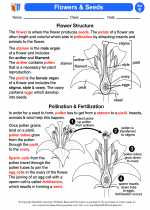
 Worksheet/Answer key
Worksheet/Answer key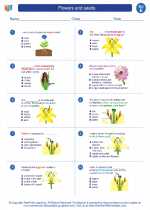
 Worksheet/Answer key
Worksheet/Answer key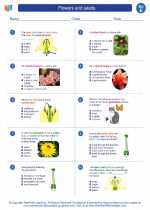
 Worksheet/Answer key
Worksheet/Answer key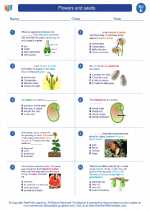
 Worksheet/Answer key
Worksheet/Answer key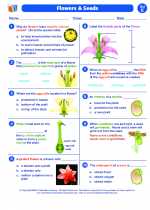
 Vocabulary/Answer key
Vocabulary/Answer key
 Vocabulary/Answer key
Vocabulary/Answer key